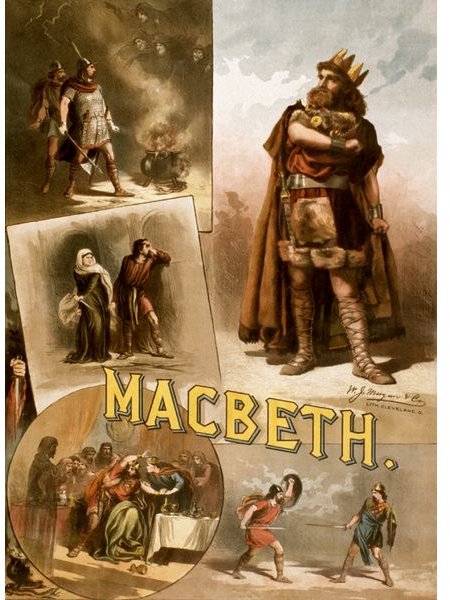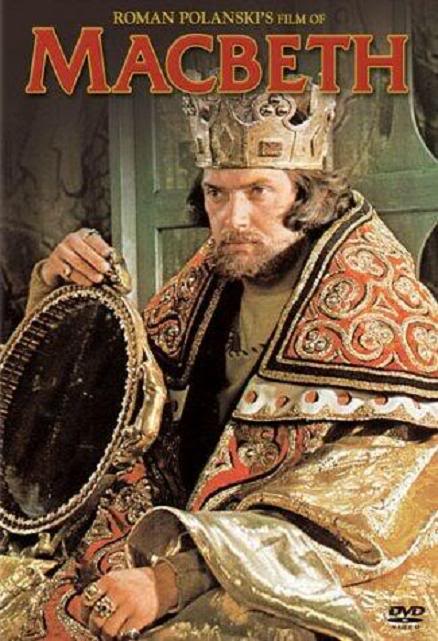

Verdi wrote Macbeth for the impresario Lanari, who was receptive to experiments and gave Verdi the space to create the unusual. In his Macbeth, he too had tried to fuse music and drama, but unlike Wagner, he was not able to write his own libretti.”
SUMMARY OF MACBETH FREE
An interesting remark by Verdi was recorded by Marcello Conati: “When we came to Wagner, Verdi remarked that this great genius had rendered an invaluable service to the opera, as he had had the courage to break free from the tradition of number opera. In 1847 he wrote in a letter that he wanted to make music “that is bound to the word and the situation and I wish that the artists understand these my ideas exactly, so I wish that the artists serve the poet more than the composer”. Verdi was always a composer who attached the highest importance to the text. In the end, Piave provided a great source of inspiration for the music and the two of them succeeded in capturing the demon of Shakespeare’s original with text and music. Verdi even went so far as to have parts of his texts revised by another lyricist. He repeatedly instructed Pavesi to use a short and catchy language. Verdi appreciated his reliability, but did not believe Piave was capable to write truly innovative texts. Macbeth was Piave’s third libretto for Verdi.

In Verdi’s work, the Lady Macbeth is clearly the main character, whereas in the literary model, this role was assigned to Macbeth. For example, they assign all crime decisions to the person of the Lady Macbeth to create a maximum stage effect. Partly they intervened in the plot in this way. They also added several new passages to get suitable music-dramatic scenes. To make Macbeth “suitable for opera” Verdi and Piave had to shorten Shakespeare’s work drastically and to concentrate on a few scenes. But a one-to-one takeover of the plot was impossible. Verdi was already an ardent admirer of the English playwright at an early age.
SUMMARY OF MACBETH PLUS


 0 kommentar(er)
0 kommentar(er)
